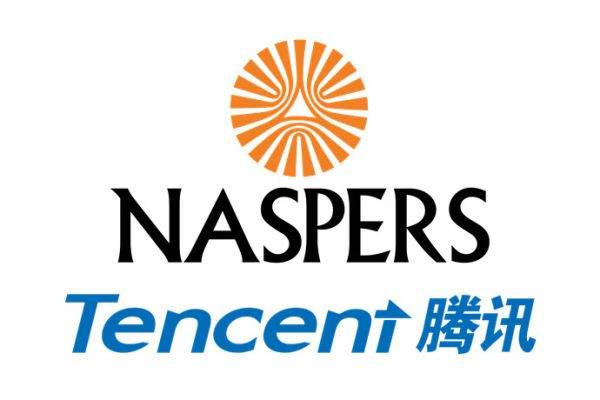China’s Tencent Loses $24 Billion In Market Cap After Naspers Cuts Down 2% Stake

South African media giant Naspers is selling up to 190 million shares in China’s Tencent. The accelerated bookbuildsale could earn Naspers up to $11 billion. The 2% cut in the maker of WeChat and QQ will get Naspers holding to 31.2% from 33.2%. Naspers entered Tencent Cap-Table in 2001 with an investment of $32 million, which today is worth more than $175 billion.
Meanwhile, at HKEX, China’s Tencent Holdings saw its shares down 4.51 percent at the midday trading break on Friday resulting in a $24 billion wipe off Tencent’s market value.
Naspers in a statement said that the fund would be used to speed up growth and investment in online food delivery and Fintech businesses globally. The development comes after Tencent said it would sacrifice short-term margins, spending on content and technology in pursuit of growth. The company also stated that it would not further sell stakes in Tencent for next three years.
The shares will only be offered to institutional investors, with Bank of America Merrill Lynch, Citigroup, and Morgan Stanley being appointed as coordinators and book-runners.
Tencent is a leading Internet platform provider in China, established in 1998. It has brought together China’s largest Internet community through QQ (QQ Instant Messenger), Weixin/WeChat, QQ.com, QQ Games, Qzone, and Tenpay. As of March 31, 2017, the monthly active user accounts of QQ was 861 million while its peak concurrent user accounts reached 266 million. Combined MAU of Weixin and WeChat was 938 million.